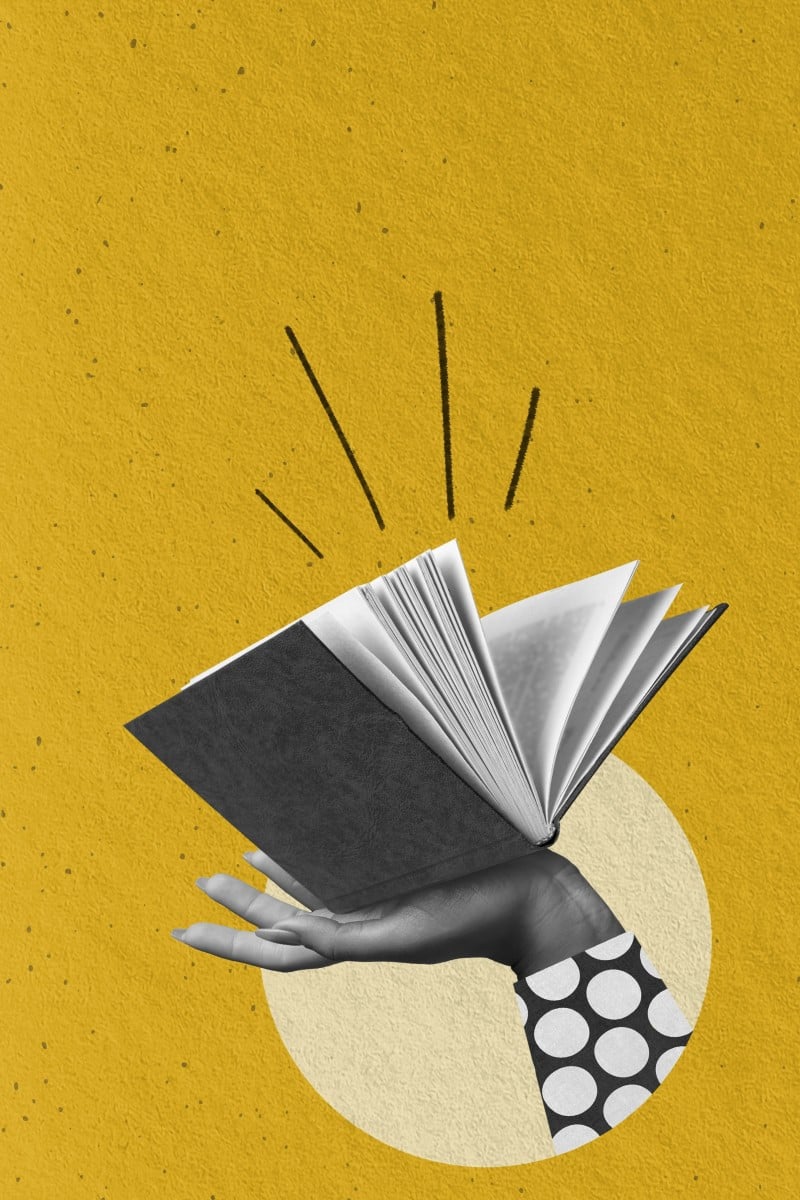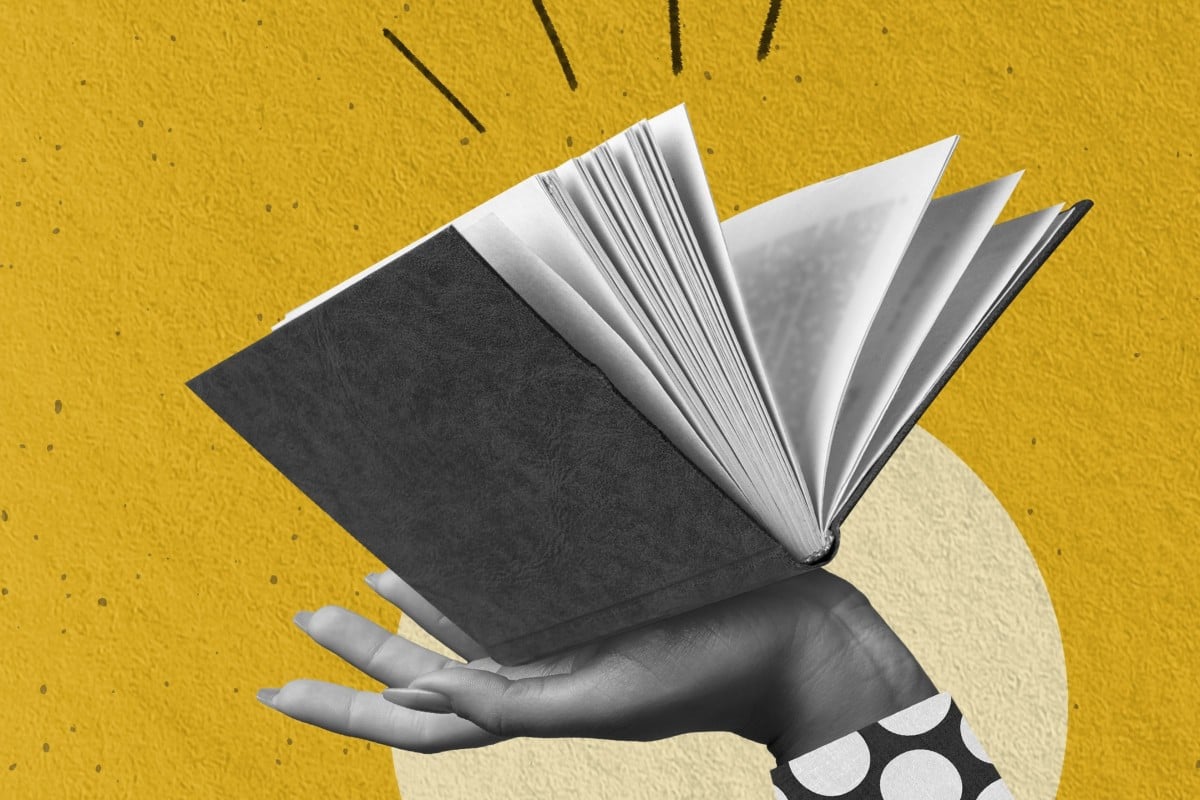
Write to Win: If you could only read one book, what would it be, and why? (Round 5)
Our writing contest starts with 10 students, who are eliminated one at a time based on your votes and YP editors’ picks.
 From “The Hunger Games” to the Bible, here are the books our contestants would read if they could only choose one. Photo: Shutterstock
From “The Hunger Games” to the Bible, here are the books our contestants would read if they could only choose one. Photo: Shutterstock Read the responses to this week’s Write to Win prompt, and choose the answer you like most.
Cat
If I could pick one book to read forever, it would be Pippi Longstocking. I chose this book because I like the storyline and the main characters’ personalities. The main character, Pippi, is rebellious, funny and impossibly strong, as she can lift grown men in one hand. But in my opinion, choosing one book depends on your priority.
For example, if you want to pursue an academic career, you might want to pick a factual or a scholarly book. But if you want to be entertained, you would probably want a fiction or fantasy book. Like so many others in this competition, I think this question is all about what perspective you are looking at.
Some might think that answering this question is easy; others may not. Pippi inspires me, and I believe that if every girl read it, they would know that girls can do just as much as boys.
Tiger
If I could read one book for the rest of my life, it would undoubtedly be A Long Walk To Water by Linda Sue Park.
Holding a dual timeline, this book tells the stories of two Sudanese children, Nya and Salva, who are separated by time but united through their struggles amid a period of war. From resisting extreme starvation to fleeing life-threatening violence, Salva navigates through countless challenges as one of the “Lost Boys of Sudan” and still manages to be one of the selected refugees to move to the United States.
Ultimately, he met Nya in 2008 while bringing clean water to the villages of South Sudan. Salva’s optimism is the prime reason I can never get bored reading this book, as he teaches us to persevere, embrace hope and pursue our dreams no matter how intense the obstacles remain. Park highlights the importance of aspiration and determination, especially for a current generation often left hopeless during tough times. The book’s messages of resilience against adversity make it one I can cherish.
Panda
The Hunger Games, by Suzanne Collins, is the greatest dystopian novel. Her writing style incorporates the present tense, so as you read each page, it feels like you’re living in the moment. It is a tale of a girl who didn’t want to be a heroine but needed to be one and unknowingly sparked a revolution.
The story arc makes me realise how lucky I am. The protagonist, Katniss Everdeen, is the person I want to be. She is stoic yet caring, intelligent, athletic, brave and independent. Another trait I admire is her ability to adapt, thus capturing the audience’s hearts yet intimidating the ones in charge. Its success resulted in blockbuster hits, although the original version is still top-notch.
The themes of survival, sacrifice and media manipulation resonate with me as I go through my adolescence, imagining that I am in the Capitol, fighting for what’s right. Do yourself a favour and read The Hunger Games.
Sheep
If I could only read one book for the rest of my life, it would be the Bible. In Psalm 46:1, “God is our refuge and strength, a very present help in trouble.” The Bible is our instruction manual in life. It provides spiritual guidance to all of us and can provide comfort, moral support and wisdom for navigating life’s challenges.
Most fiction books become boring once we know how the story goes. However, the Bible contains various literary forms, such as poems and parables. This diversity promises a rich reading experience for all ages, no matter how many times you read it.
The Bible also addresses many philosophical questions about our existence and nature, allowing for self-discovery and growth. These questions help us reflect on our lives and behaviours and invite us to explore its teachings and apply them to our daily experiences. In conclusion, the Bible provides us with guidance, contains various literacy forms and addresses many philosophical questions.
Write to Win: If you could add one new school rule, what would it be? (Round 4)
Lion
If I could only read one book for the rest of my life, it would be Keeper of the Lost Cities by Shannon Messenger. The plot of this book is so interesting and captivating that I feel excited with each page I turn.
It is a book about the adventure of a 12-year-old girl, Sophie, who had always been different to her peers and discovered that she is an elf. Put yourself in Sophie’s shoes and imagine how you would feel if a stranger came up to you and said, “You’re not human.” Through hard work, courage and determination, Sophie became a powerful elf, demonstrating that excellent opportunities disguised as scary challenges could come our way.
Sophie symbolises my current self, who can think outside of the box in many ways and is willing to embrace challenges. As I grow up to become an adult, I will have more responsibilities and face the constraints of reality. But as I flip through the pages of this book once again, I will see my limitless self with many possibilities. Like Steve Jobs once said, “Stay hungry, stay foolish.” No matter what, we should never forget to leave some room for wonder.
Monkey
I would choose the timeless self-help book How to Win Friends and Influence People by Dale Carnegie. Centred around genuine interest and appreciation for others, the book includes 30 principles for navigating complex human interactions gracefully. These pieces of wisdom stand out for their accessibility, using relatable examples and comprehensible anecdotes to outline their coherent and in-depth points.
After reading just one chapter of the book, you can apply its principles in daily life. For instance, part four, principle four, “Ask questions instead of giving direct orders”, can be used when asking for a favour, making you a more polite person and enhancing your communication skills. Reading this book repeatedly could reinforce these important concepts as well.
As a guide to building meaningful connections, How to Win Friends and Influence People would enrich your relationships and personal growth.
